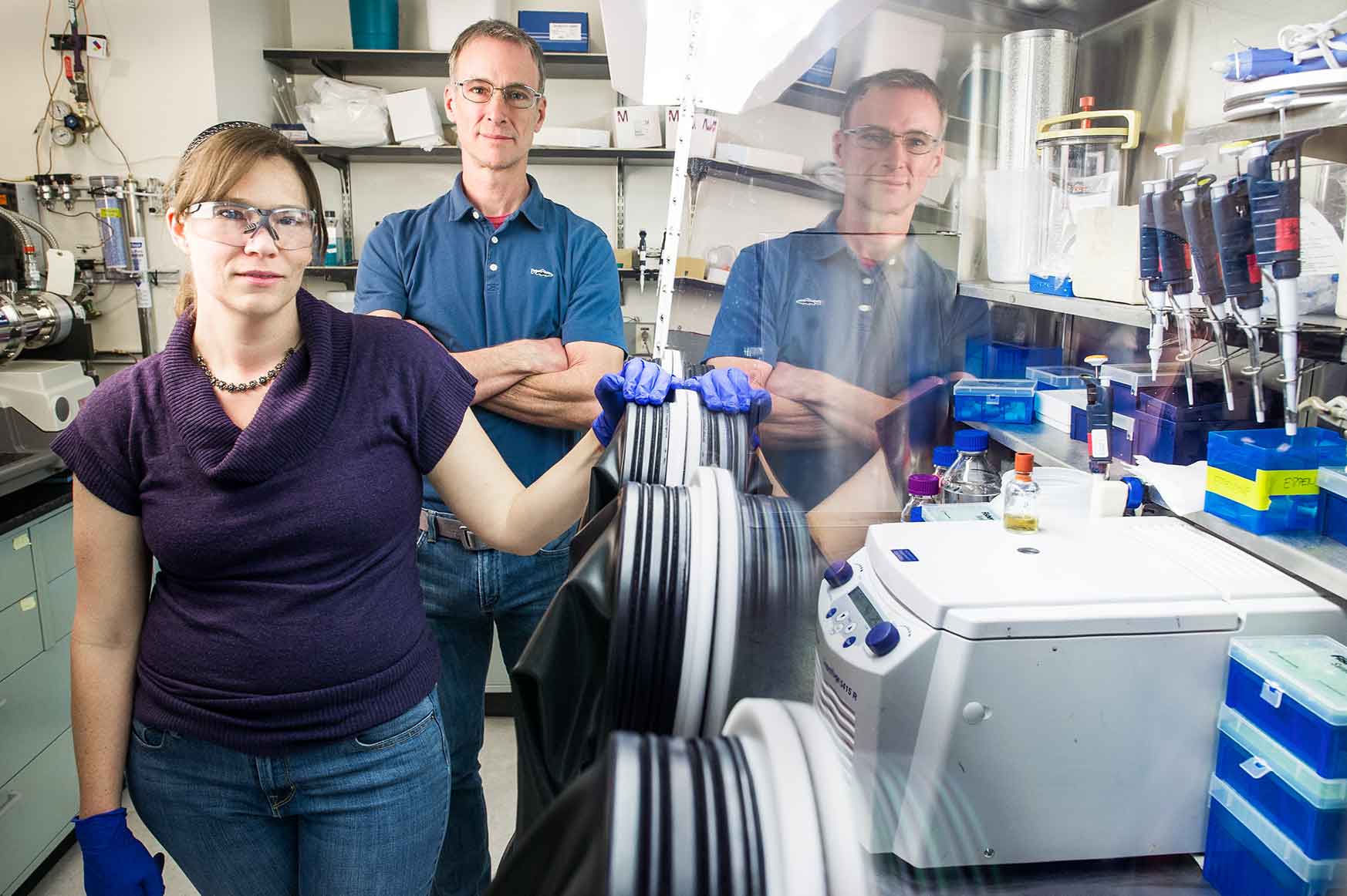Explore our collection of new stories for this topic.
Search or filter for a specific story using the options below.
July 2017
NREL Analysis Shows Clear-Sky Probabilities for the August Solar Eclipse
Detail of NREL analysis showing clear-sky versus cloudy-sky probabilities for the August solar eclipse.
News Release: NREL Names Roderick Jackson as Laboratory Program Manager for Buildings Research
Roderick Jackson is the new laboratory program manager for buildings-related research at the Energy Department's (DOE’s) National Renewable Energy Laboratory (NREL).
Regional Technical Exchange Centers Connect Fuel Cell Technology Suppliers, Manufacturers
NREL is leading one of four regional technical exchange centers to expand the domestic supply chain of fuel cell and hydrogen components and systems and improve U.S. manufacturing competitiveness.
NREL, NYSERDA, and Con Edison Partner on Home Energy Management Systems
Twenty-four homes in New York City will be at the forefront of NREL home energy management systems (HEMS) research. The goal is to identify strategies for broad market adoption of smart home technologies that can bring comfort, convenience, and energy savings to residents across New York and the country.
NREL Scientists Upend Century-Old Ammonia Production Method
Paul King and Katherine Brown wanted answers. To produce ammonia from nitrogen, could they use a biomolecular reaction similar to one that boosts the production of hydrogen from water?
News Release: NREL to Receive Public Service Award for 40 Years of Energy Innovation
The U.S. Department of Energy’s National Renewable Energy Laboratory (NREL) is again receiving national recognition for its 40th Anniversary with a prestigious public service award.
News Release: NREL Announces Partnership with Panasonic and Xcel Energy
The U.S. Department of Energy's (DOE) National Renewable Energy Laboratory (NREL) is partnering with Panasonic Corporation and Xcel Energy to simulate and optimize the energy load profile of Peña Station NEXT, a planned 382-acre mixed-use development in Denver, Colo.
NREL to Study Geothermal Deep Direct-Use in East Texas Power Plants
The U.S. Department of Energy has announced major funding awards for six geothermal Deep Direct-Use research projects, including a National Renewable Energy Laboratory (NREL) study that will explore the feasibility of geothermal heat integration at natural gas power plants in East Texas.
Announcing the Solar Energy Innovation Network
The Solar Energy Innovation Network is a new three-year program sponsored by the U.S. Department of Energy and the National Renewable Energy Laboratory, designed to remove soft cost (non-hardware) barriers to wide-scale integration of distributed solar photovoltaics within the U.S. electricity system.
News Release: Study Shows India Can Integrate 175 GW of Renewable Energy into Its Electricity Grid
The U.S. Department of Energy's National Renewable Energy Laboratory (NREL) has confirmed the technical and economic viability of integrating 175 gigawatts (GW) of renewable energy into India's grid by 2022.
Share
Last Updated May 5, 2025

